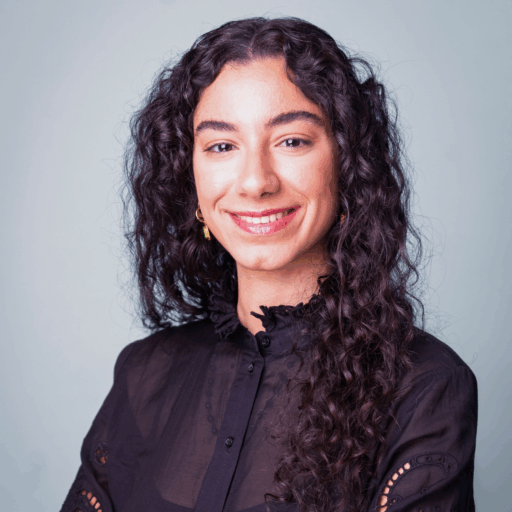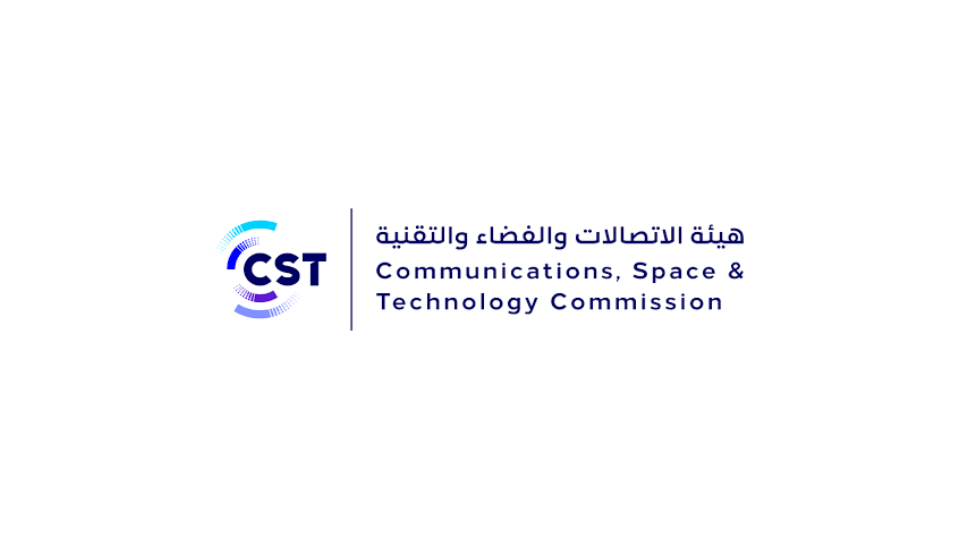

Dana Ramadan
Public Sector


On 1 November 2022, the Saudi Cabinet session concluded with key decisions impacting the Saudi space sector. Below are some of the most important outcomes:
The cabinet approved the amendment of the name of the Saudi regulator from the Communications and Information Technology Commission (CITC) to the Communications, Space, and Technology Commission (CST). H.E. Dr Mohammed Al-Tamimi will remain as Governor of the Commission.
In line with the rebranding, the cabinet approved the transfer of regulatory competencies in the space sector from the Saudi Space Commission (SSC) to the CST due to the importance of synergy in the organisation in terms of communications, space, and technological matters. These regulatory competencies include frequency spectrum, non-terrestrial networks, orbit reservations and satellite networks, and emerging space technologies. The CST’s capabilities remain vested in its organisational maturity – in keeping up with regulatory updates – and in leadership within international organisations.
The cabinet approved the establishment of a Supreme Space Council to be headed by Crown Prince and Prime Minister Mohammed bin Salman (MBS). The Council will assume various roles, including (i) approving policies and national strategies for space programs, (ii) approving annual plans and monitoring the implementation of relevant strategies, and (iii) reaching compatibility with other industries in Saudi Arabia. Members of the Council include various high-profile Saudi government officials, such as the Minister of Communications and Information Technology, Abdullah Al-Swaha, who is also vice-chairman of the Council; the CST Governor, Al-Tamimi; Minister of Foreign Affairs, Prince Faisal bin Farhan; Minister of Finance, Muhammad Al-Jadaan; Head of the Presidency of State Security, Abdul Aziz Al-Huwairini; and Minister of Industry and Mineral Resources, Bandar Al-Khorayef.
Aspiration to become a space power
The regulator’s rebranding from CITC to CST, as well as the creation of the Supreme Space Council, highlights that the space industry has become a key sector for Saudi Arabia to stimulate innovation and growth. The development of the Saudi space sector kick-started in 2018 with the establishment of the Saudi Space Commission (SSC), which encouraged research and industrial activities in the field.
The newly established Supreme Space Council, headed by MBS, demonstrates Saudi Arabia’s desire to become a space power. This aligns with the Kingdom’s announcement in 2020 to invest USD 2.1 billion in its space programme to leverage the positive outlook of a global space sector that is estimated to be worth USD 1 trillion by 2040. Growing the Saudi space sector will contribute to Saudi Arabia’s economic diversification plans in line with Vision 2030.
Expanded mandate
Importantly, the rebranding highlights a change in the regulator’s mandate, noting that the commission is now also regulating the space sector. This is evident from the CST’s public consultation on the “Space System Project”, published on 7 November 2022. The Space System Project reflects the Commission’s expanded mandate by addressing the regulation of space activities, organising astronomy-related activities, and establishing a legal framework for licensing and controlling various space-related activities. Furthermore, the consultation aims to create a regulatory environment for the Saudi space sector, stimulate scientific research and innovation in the sector, boost participation from the private sector in space activities, and enhance international peace and security for the use of outer space.
International branding
These developments are timely as they come ahead of the “Connecting the World from the Skies” conference, an attempt to brand the CST internationally. The three-day conference is being held at the CST headquarters from 8-10 November 2022. It brings together representatives from the public and private sectors – mostly from the radiocommunication and space industries – researchers, and spectrum policymakers from national regulators and other relevant international bodies. Key topics to be addressed are orbital debris and space sustainability, 6G through the skies, and space, terrestrial, and integrated connectivity. This is the first event hosted by the CST since its rebranding, suggesting to local and international stakeholders the CST’s desire to explore areas to help boost the local space sector. This is in line with the Saudi Vision 2030, which seeks to diversify Saudi Arabia’s economy away from oil.
If you are interested in learning more about the CST’s mandate, its recent space-related public consultation, or require support in engaging the regulator, please contact Anja Engen at [email protected] or Dana Ramadan at [email protected].

